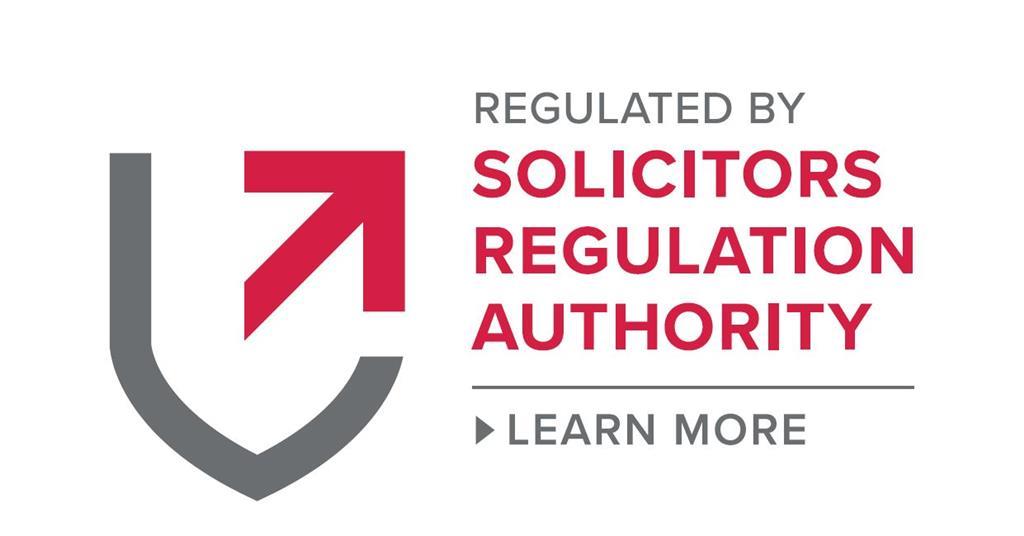So, you’ve finally decided to embark on the adventure of starting a company! At this point, you’re feeling a mix of emotions – the excitement of fulfilling your dreams and the fear of failing in the process. But here’s a little secret: one of the keys to success is ensuring a solid legal foundation for your business venture.
Thus, Martin Shepherd’s experts will share with you insights into the legal essentials to address when starting a business, including intellectual property, permits and contracts.

Intellectual Property For Starting a Company
Securing the intellectual property (IP) behind your business idea is a critical step, especially if you’re currently employed by another company. These tips will help you:
- Make sure your employer doesn’t own the IP of your business concept and that you aren’t violating any non-compete provisions.
- Check your employment contract for specific non-compete and IP provisions to understand your obligations.
- Be cautious not to breach any restrictions on outside interests if you plan to incorporate your company while still employed.
- Negotiate a waiver of such restrictions with your employer, or you may need to wait until you’re no longer employed and the restrictions no longer apply.
Intellectual property holds immense value for your business, often forming the core of your company’s valuation. Thus, identifying the owner of your business’s intellectual property rights (IPR) is essential.
While you automatically own IPR created by your employees, external creations such as logos, trademarks, software, patents, content, or technology require assignment to your company.
A legally-binding intellectual property assignment facilitates the transfer of ownership of intellectual property. And having the necessary IPR through assignments or licensing is crucial for smooth operations.
Having no IPR ownership could result in challenges when selling your business later on, as potential buyers will seek clear rights to use the IP integral to your business.
In addition, you must safeguard your intellectual property to preserve the essence of your business.
When sharing confidential information with potential partners, clients, or employees, use non-disclosure agreements (NDAs) to ensure the utmost protection. Exercise caution in divulging sensitive details unless confident in the recipient’s ability to maintain confidentiality, even with an NDA in place.
Business Structure When Starting a Company
Establishing your legal structure is the first step before fulfilling corresponding legal obligations. And a solid business structure is pivotal in launching your venture. Depending on your preference, you can choose between the following types of business structures:
- a self-employed sole trader (offering full control but unlimited liability).
- a partnership (ownership and responsibilities are shared, with each partner personally liable).
- a limited liability company (providing limited liability protection and potential tax advantages).
- limited liability partnership (combining the tax benefits of a partnership with limited liability)
Registering with Companies House is a requisite for most business structures, encompassing key details such as:
- business name
- registered addresses
- directors and shareholders’ information.
Selecting the right structure must align with your business goals, tax considerations, and risk tolerance. The legal status of your business impacts registration with Companies House and influences record-keeping, tax, and National Insurance contributions. Thus, seeking advice from legal professionals ensures an informed decision.
Permits & Compliance For Starting a Company
Establishing and operating a business involves legal responsibilities, and obtaining the right permits and licences is vital.
Licences and Permits For Starting a Company
- Local authority approval: Certain businesses require licences from local authorities to trade legally.
- Industry-specific regulations: Understand the regulatory requirements of your industry to obtain necessary permits and licences.
- Planning permission: Check with local authorities regarding planning permission, especially when working from home or altering building use.
Compliance with legislation
Employment Law: As an employer, you should adhere to laws such as:
- Health and Safety at Work Act of 1974
- Employment Protection Act of 1978.
- Sex Discrimination Act of 1975
- Race Relations Act of 1976
- Equal Pay Act of 1970
Consumer Protection: You must also comply with:
Tax and National Insurance For Starting a Company
Immediate registration with HM Revenue and Customs (HMRC) is essential for income tax, Class 2, and Class 4 national insurance compliance. Maintaining accurate records of business sales and expenses is vital for proper self-assessment.
Value Added Tax (VAT) For Starting a Company
Registration for VAT is required if taxable turnover exceeds £85,000 in a rolling 12-month period. There are VAT exemptions for specific goods and services, with standard and reduced rates.
Insurance For Starting a Company
Insurance policies are legally required in some cases, while others are optional:
- Motor insurance is mandatory for your business vehicles, ensuring the correct class of use to avoid claim rejections.
- Professional indemnity is required for specific professions, protecting you against client claims due to mistakes or negligence.
- Employer’s liability insurance is mandatory for businesses with employees, safeguarding against claims following workplace incidents.
Additional Insurance Coverage For Starting a Company:
Consider expanding your insurance coverage to address specific aspects of your business. This is advantageous as every business insurance expense is tax-deductible.
Depending on your business nature, you may have to consider additional policies for comprehensive protection such as:
- public liability insurance
- employment protection
- buildings and contents
- business interruption
- product liability
- cyber cover
- theft
Ensuring legal compliance through permits, licences, and adherence to regulations not only avoids legal repercussions but also establishes a foundation for long-term business success.
Legal Contracts For Starting a Company
Legal advice is indispensable for businesses, particularly in the realm of contracts. As your business expands, the complexity and risks associated with contracts amplify, underscoring the importance of legal guidance.
In high-stakes agreements, the involvement of a business solicitor is indispensable. Their expertise is pivotal in:
- drafting supplier contracts to favour your terms
- providing tailored terms and conditions of business for customer interactions.
In parallel, shareholder and investor agreements demand legal expertise to protect the interests of all parties involved. A well-crafted shareholders’ agreement is essential for:
- defining voting rights
- preventing disputes
- safeguarding shares against dilution.
Directors’ service agreements for senior staff are a specialised requirement to delineate specific duties, benefits, and decision-making parameters. These agreements ensure clarity and certainty for both directors and the company. In addition, employment contracts are crucial for establishing terms of engagement with employees, freelancers, or workers.

Choose Martin Shepherd Solicitors for Your Business Success
At Martin Shepherd Solicitors LLP, we’re committed to enhancing your business journey and supporting you with starting a company. We consider your success as our own.
Contact Daniel Raja at dr@martinshepherd.co.uk or call 020 8446 4301.






